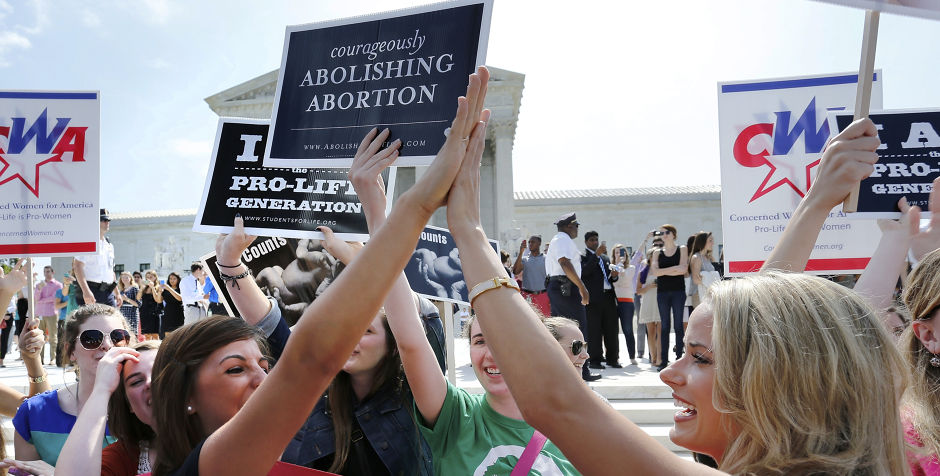Federal Appeals Court Upholds Texas Abortion Regulations
In a 56-page opinion issued today, a three-judge panel of the U.S. Court of Appeals for the Fifth Circuit unanimously upheld Texas abortion laws requiring abortionists to have admitting privileges at a hospital and requiring abortion facilities to meet state safety standards for ambulatory surgical centers. While the court did affirm, in modified form, an injunction as applied to two particular abortion facilities (in El Paso and McAllen), the court rejected abortionists’ challenges to the regulations elsewhere throughout the state. The ACLJ, jointly with the Houston Coalition for Life (HCL), had filed an amicus curiae brief in support of the regulations.
This decision in Whole Women’s Health v. Cole (previously named Whole Women’s Health v. Lakey) reaffirms the principle that the “right to abortion” recognized in Roe v. Wade and Planned Parenthood v. Casey is not the “right to an unsafe abortion.” As the appeals court emphasized, the Supreme Court has repeatedly underscored that states can protect women from unsafe abortion practices.
This case has the potential to reach the Supreme Court – that is, if the abortionist challengers decide to pursue it further.
The ACLJ/HCL amicus brief confronted pro-abortion verbal engineering, urging the appeals court not to use the latest euphemism of “abortion care,” which masks the destruction of abortion behind the comforting language of “care.” Our brief pointed out that courts are not supposed to weigh in on one side or the other of a marketing campaign. This Court should therefore avoid using the euphemism “abortion care” . . . . Moreover, the phrase “abortion care” is awkward and redundant. A surgeon does a heart bypass, not “heart bypass care.” An orthodontist provides braces, not “braces care”. A technician does a mammogram, not “mammogram care”. And an abortionist does abortions, not “abortion care.”
Happily, the Fifth Circuit’s opinion did not use the slanted phrase “abortion care.”
The ACLJ/HCL amicus brief also attacked the myth that abortion is safer than childbirth. While this particular issue did not appear anywhere in the court’s opinion, we were happy for the opportunity to educate the court about the true risks of abortion.
The appeal was argued in January, 2015. The decision today starts the clock running for any request for rehearing or for Supreme Court review. In the meantime, these safety measures can help protect Texas women from unscrupulous or incompetent abortion practitioners.
